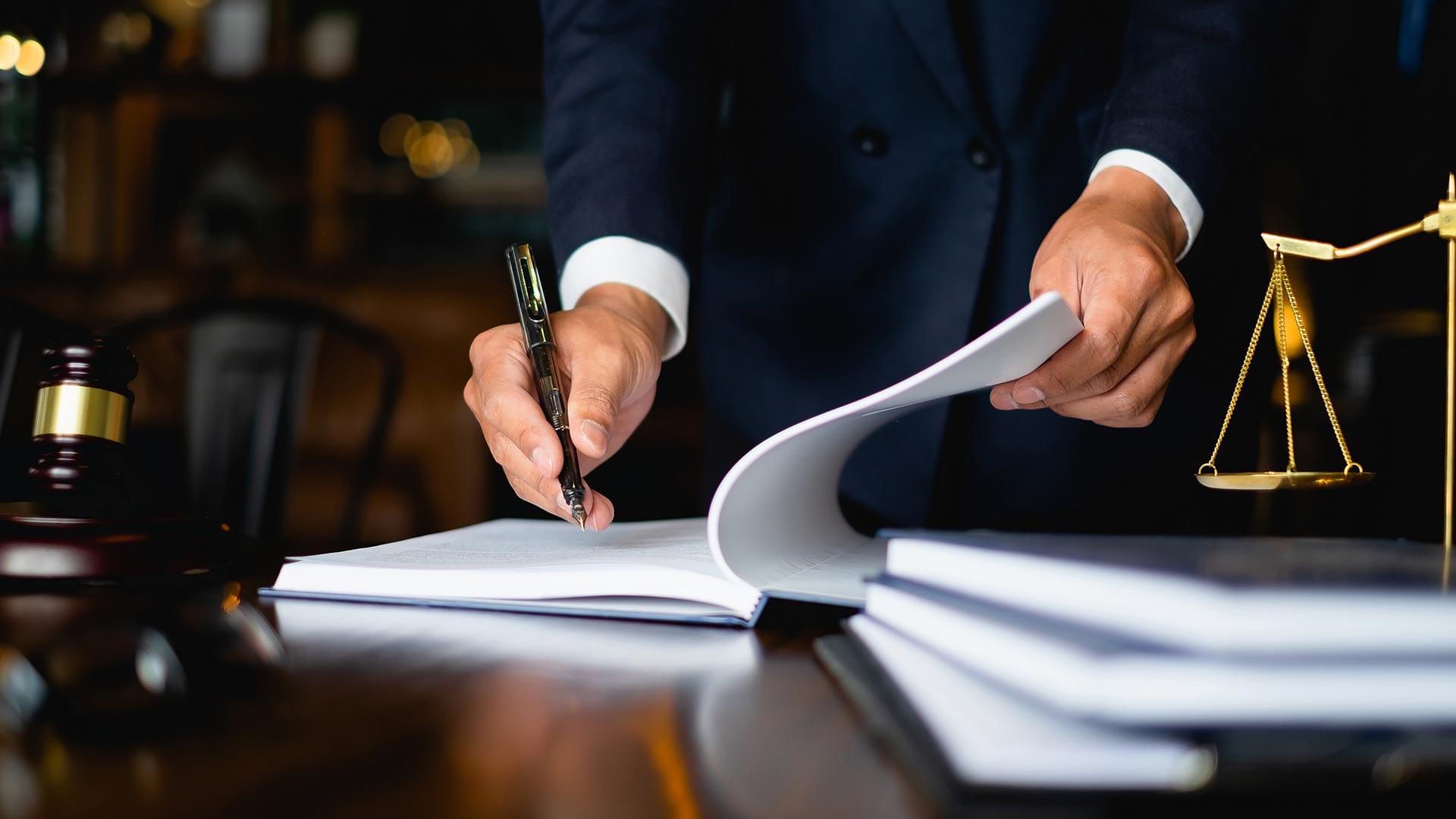Invalid? Intestate? IN TROUBLE! Estate Planning – Part Two
By Maryanne McGrath & Johanna Woodland.
In this Part Two of our Estate Planning series we will go through what happens in NSW if you die without a valid Will, or without a Will at all.
Unfortunately, even when you have few assets, the process is not always straightforward and can often cause more stress at a time when your family are grieving.
What happens if I have a Will, but it’s not valid?
The process required to obtain a grant of Letters of Administration for an invalid, or informal Will, requires additional steps to be taken, depending on what makes the Will invalid or informal.
Generally, the Court needs to be satisfied that you intended that document to be your Will. This can be proven by way of affidavit, notes that you wrote or things you said at the time, or other evidence. Your previous Will may be relevant, and the people who would be entitled to your estate on intestacy must usually be notified or their consent obtained. Which brings us to our next question.
What happens if you die intestate?
Intestacy means that you have died without a Will which disposes of all of your assets. For example, you do not have a Will at all, or the Will does not deal with all of your assets.
The below table provides a useful summary of who would receive your estate if you die intestate, in order of priority.
| When you are survived by: | Persons entitled to your estate: |
| A spouse (including de facto) and child/children of the relationship | Your spouse will be entitled to the whole estate. |
| A spouse (including de facto) and child/children from a previous relationship | Your spouse will be entitled to your personal effects, a statutory gift of $350,000 adjusted by CPI, and half of the remainder of the estate. Your children (including adopted children and children from previous relationships, but excluding step children), will be entitled to equal shares of the other half of the remainder of your estate. |
| More than one spouse (including de facto) | The spouses will be entitled to equal shares of your estate e.g. if you were married but also had a de facto spouse. |
| Children only | Your children (including adopted children, but not step children) will be entitled to equal shares of your estate. If a child of yours has died prior to you, leaving children, those grandchildren are then entitled to their parent’s share. |
| No spouse or children | Your parents will be entitled to equal shares of your estate. |
| No spouse, children or parents | Your full and half siblings will be entitled to equal shares of your estate. |
| No spouse, children, parents, brothers or sisters | Your grandparents will be entitled to equal shares of your estate. |
| No spouse, children, parents, brothers, sisters or grandparents | Your full and half aunts and uncles will be entitled to equal shares of your estate. |
| No spouse, children, parents, brothers, sisters, grandparents, aunts or uncles | Your first cousins will be entitled to equal shares of your estate. |
| No spouse, children, parents, brothers, sisters, grandparents, aunts, uncles or cousins | The NSW government will be entitled to the whole of your estate. |
So, what next?
If you die without a valid Will or intestate, your spouse or next of kin must then make an application to the Supreme Court of New South Wales for a grant of Letters of Administration. They cannot simply hand out your assets. If an informal or invalid Will exists, that document needs to be annexed to the application. That application needs additional supporting evidence, depending on whether you die intestate or with an invalid Will. The Court will consider each case on its individual facts and circumstances.
Next Time
In Part Three we will move on to why you need a Power of Attorney and Appointment of Enduring Guardian. For more information about our Wills and Estate Planning services, click this link.
Call O’Hearn Lawyers’ experienced Wills and Estate Planning team on 02 4951 8199 today to get started!
Find out more about our Wills and Estate Planning services here.
The material included in this website is produced by O’Hearn Lawyers Pty Limited. It is designed and intended for general information purposes only. The contents do not constitute legal advice, are not intended to be a substitute for legal advice and should not be relied upon as such. You should seek legal advice or other professional advice in relation to any particular matters you or your organisation may have.
